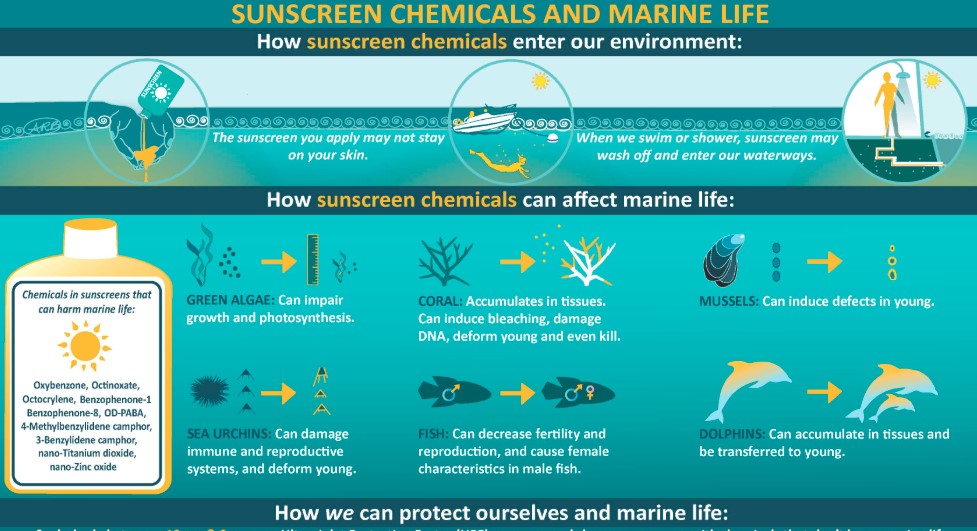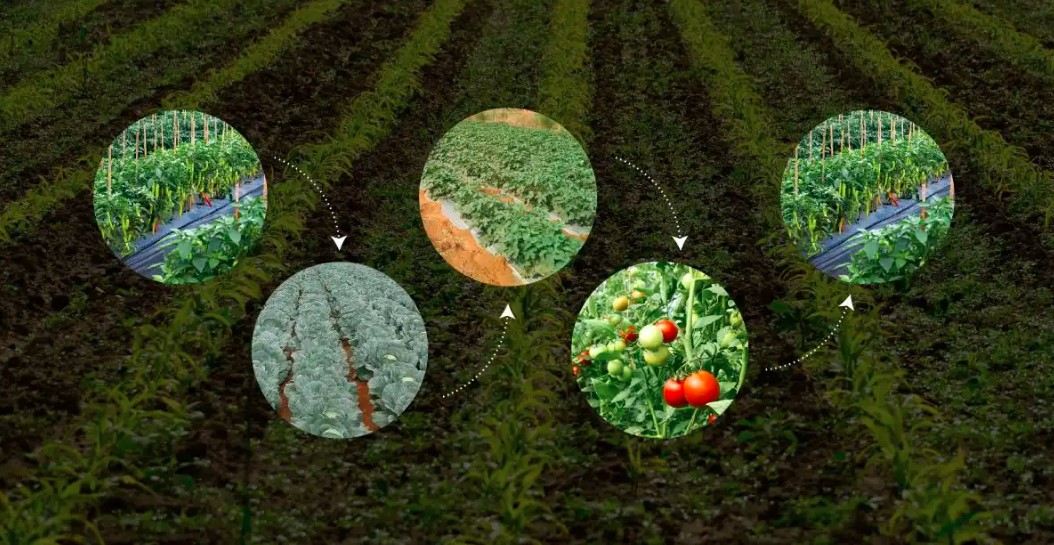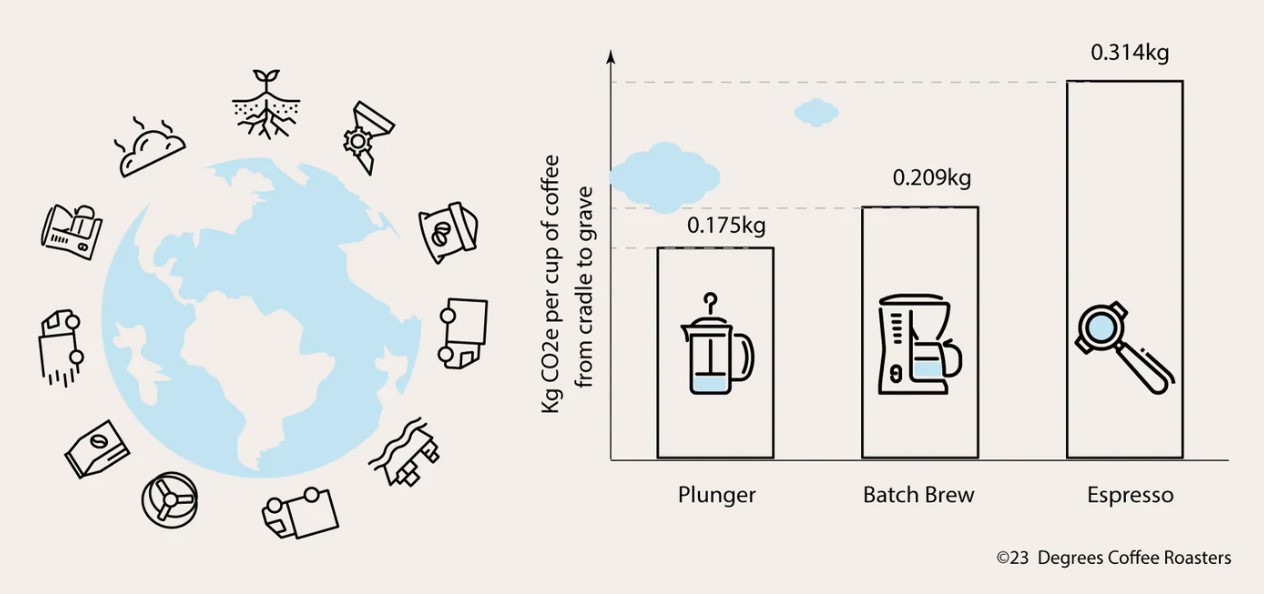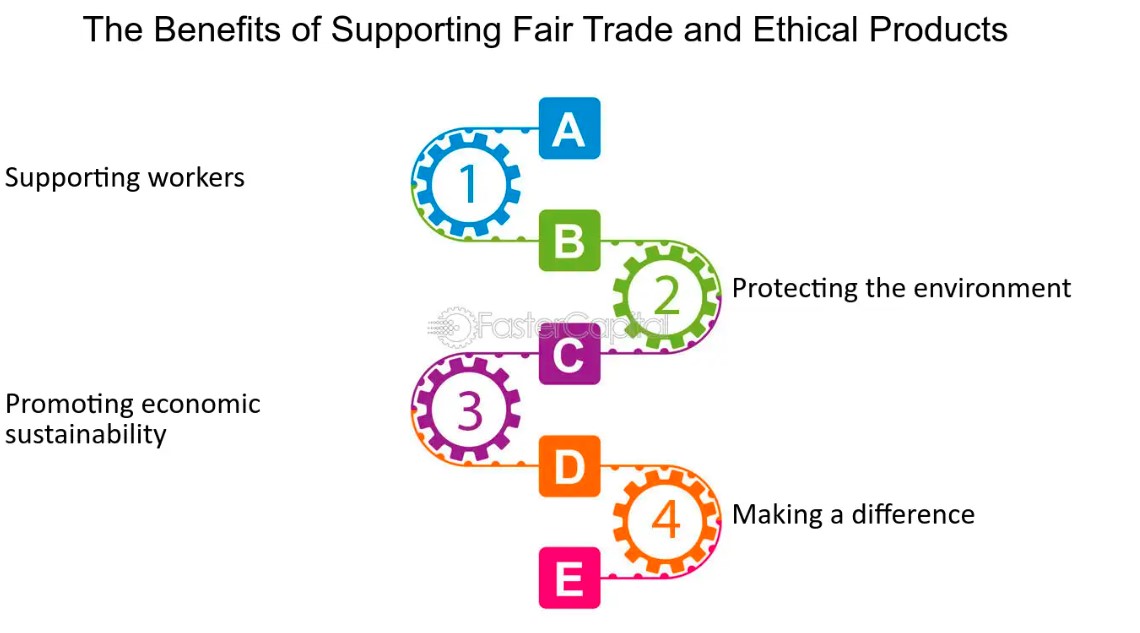Coffee is one of the most popular beverages in the world, but have you ever wondered what’s really in your cup? More and more coffee lovers are turning to organic coffee for its richer flavor, health benefits, and positive impact on the planet. But is organic coffee truly worth it? Let’s explore the real difference it makes for you, the farmers, and the environment.

1. No Harmful Chemicals – Safer for Your Body
Conventional coffee farming uses massive amounts of synthetic fertilizers and pesticides—over 250 pounds of chemicals per acre every year. These toxic substances can leave residues on coffee beans and contaminate local soil and water.
On the other hand, organic coffee is grown without synthetic pesticides or fertilizers, reducing chemical exposure for farmers, the environment, and consumers like you.
🔹 Did you know? Studies show that people who consume organic foods have 25% lower pesticide residue levels in their bodies compared to those who don’t. That means choosing organic coffee is a healthier option for your daily cup.

2. Protecting the Environment with Sustainable Farming
When you choose organic coffee, you’re also supporting farming practices that care for the planet:
✅ Healthier Soil: Organic farming improves soil biodiversity by up to 50%, making it more fertile and sustainable in the long term.
✅ Cleaner Water: Conventional coffee farming often pollutes rivers and groundwater. Organic farming avoids harmful chemicals, keeping water sources clean.
✅ Biodiversity Boost: Shade-grown organic coffee farms support 150% more bird species and wildlife compared to industrial coffee farms, preserving natural ecosystems.

3. Lowering the Coffee Carbon Footprint
The global coffee industry produces around 60 million tons of CO₂ emissions annually. Organic coffee farming reduces this impact by using eco-friendly practices:
🌱 Composting and natural fertilizers lower greenhouse gas emissions by up to 25% compared to conventional farming.
🌱 Many organic farms rely on renewable energy sources, further cutting their carbon footprint.
So, every organic cup helps fight climate change—one sip at a time.

4. Supporting Fair and Ethical Trade
Most organic coffee is also Fair Trade certified, meaning farmers receive better wages and safer working conditions. Research shows that Fair Trade coffee farmers earn at least 20% more than those in conventional farming.
By buying organic coffee, you’re helping small farmers build sustainable livelihoods and empowering rural communities.
5. Superior Taste and Quality
Aside from the environmental and ethical benefits, simply tastes better. Why?
Beans are grown in nutrient-rich soil without artificial chemicals.
Natural farming methods allow coffee plants to develop richer, more complex flavors.
A recent survey revealed that 67% of coffee drinkers prefer the taste of organic coffee, describing it as smoother, less acidic, and more aromatic.
Conclusion – A Small Choice with a Big Impact
Switching to this coffee is a simple change that makes a huge difference. It’s healthier for your body, better for the planet, supports ethical farming, and offers a more flavorful coffee experience.
At West Berkshire Roastery, we’re proud to offer freshly roasted, 100% coffee, sourced directly from sustainable farms. Taste the difference today and make every cup count—for you and for the planet.
FAQ
1. Is organic coffee really worth it?
Yes! this coffee is grown without synthetic pesticides or fertilizers, making it safer for your health, better for the environment, and often more flavorful. It also supports ethical farming practices.
2. Does organic coffee taste better than regular coffee?
Most coffee lovers agree that coffee tastes smoother and less bitter because it’s grown in nutrient-rich soil without chemical interference, allowing natural flavors to shine.
3. Is organic coffee healthier for you?
Yes. Studies show that people who consume organic foods, including coffee, have 25% lower pesticide residues in their bodies, reducing long-term health risks.
4. How does organic coffee help the environment?
This coffee farming protects soil health, conserves water, reduces carbon emissions, and supports more wildlife, including 150% more bird species than conventional farms.
5. Is organic coffee Fair Trade?
Many organic coffees are also Fair Trade certified, ensuring better wages and working conditions for farmers while supporting sustainable communities.
Social Media Caption & Hashtags for Promotion
🌱 Sip Smart, Live Better!
Switch to organic coffee—better taste, better health, and a better planet. 🌍💚
✔ No harmful chemicals
✔ Supports ethical farming
✔ Eco-friendly & sustainable
☕ Taste the difference with West Berkshire Roastery’s 100% organic coffee!
#OrganicCoffee #SustainableLiving #HealthyChoices #FairTradeCoffee #EcoFriendly #BetterForThePlanet #WestBerkshireRoastery #CoffeeLovers
For more about Delicious Food Click Here
Recent Post
- Chicken Biryani – Step by Step Guide | Yummy Dinner Ideas

- How to Make Potato Salad Recipe: A Complete Guide to the Best Homemade Delight

- Best Food Open Near Me in the USA – 24/7 Restaurants, Cafes & Takeout Spots

- Best Slow Cooker Chicken Recipes | Easy & Juicy Meals for Every Day

- Easy Mix Vegetable Recipe – Indian Style Dinner

- Celebrate Yorkshire Day with Classic Yorkshire Pudding Recipe

- Classic Victoria Sponge Recipe by Mary Berry

- Dominos Pizza: Delicious Delivery Options

- Restaurants Near Me in Pakistan – Find the Best Places to Eat


